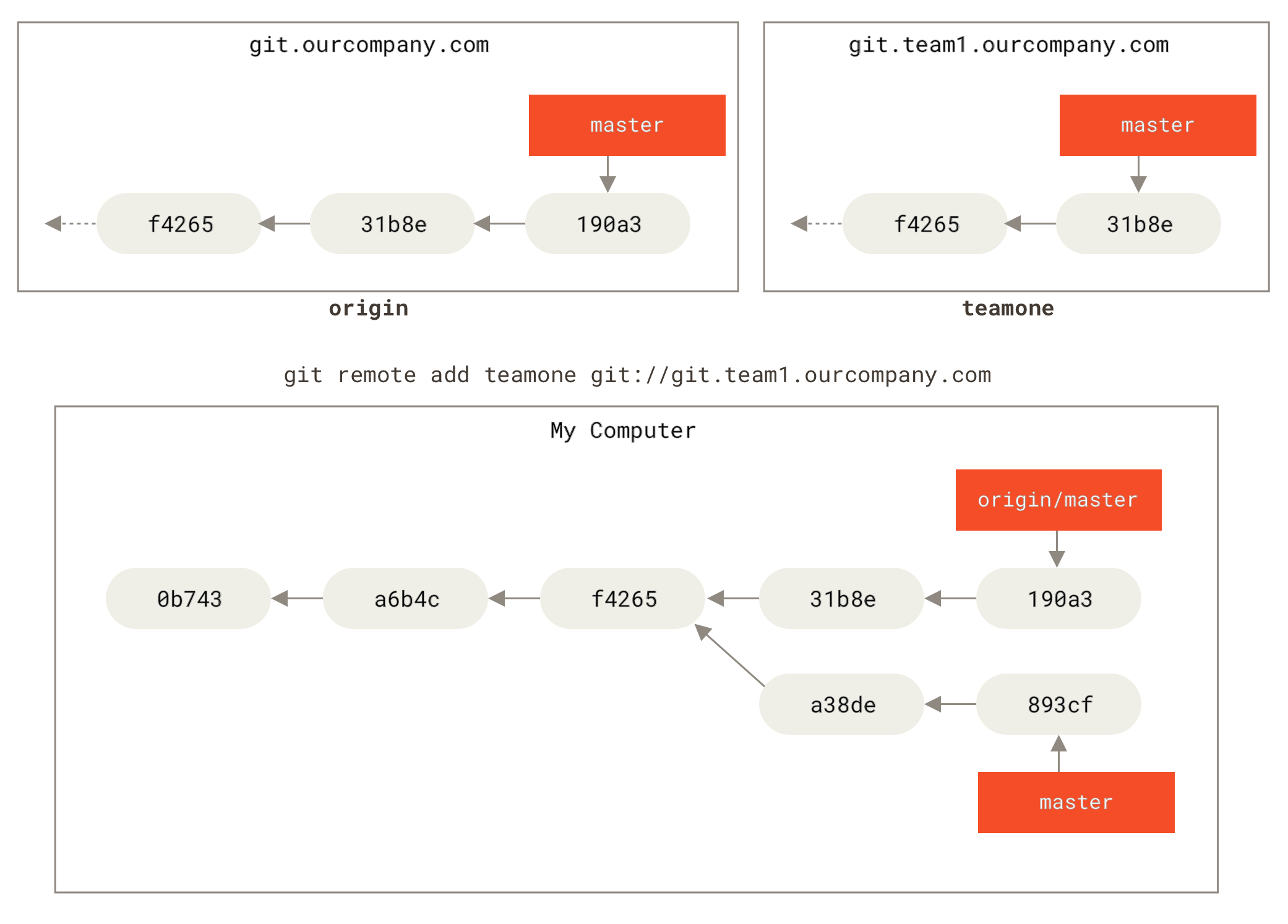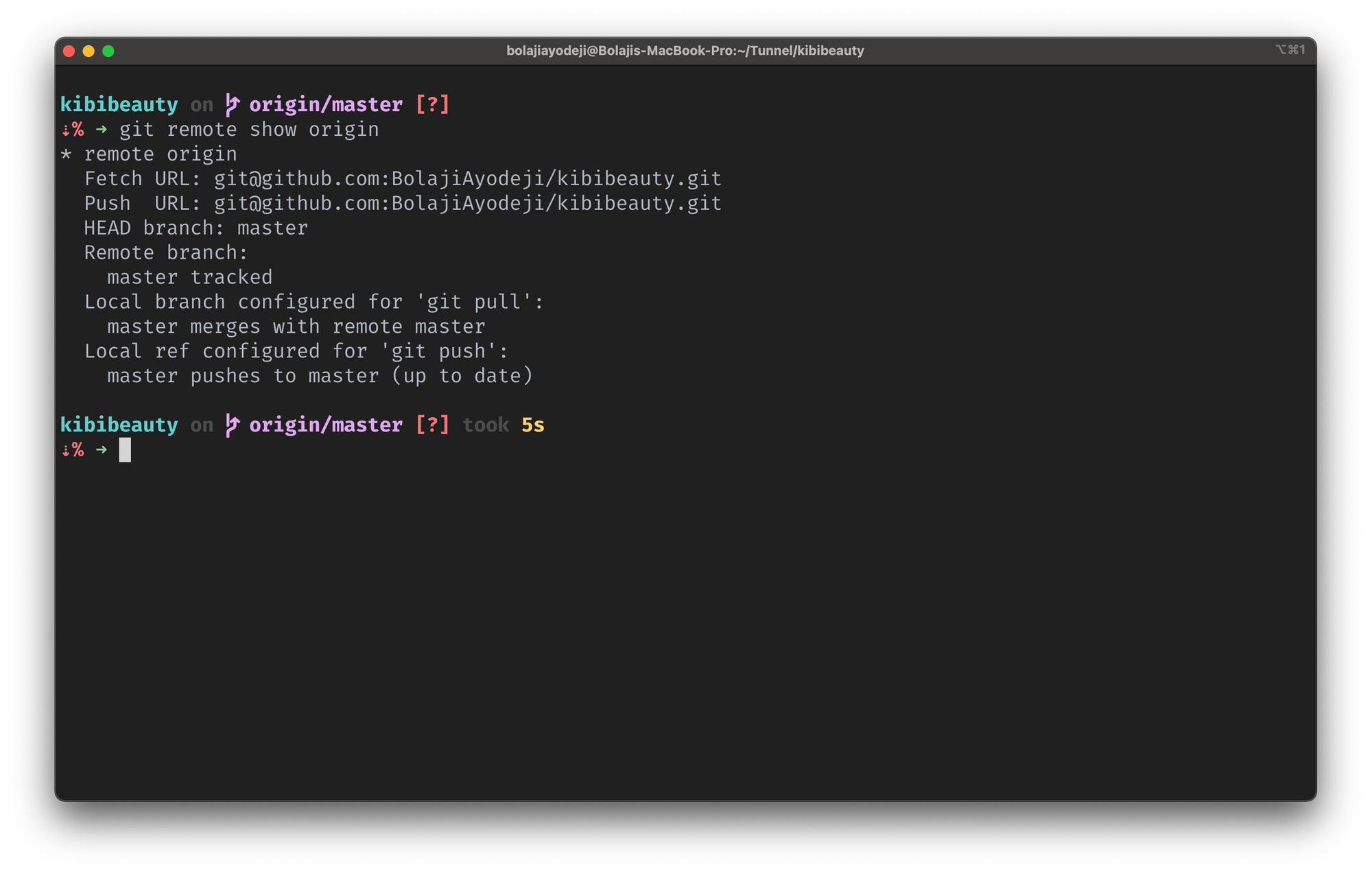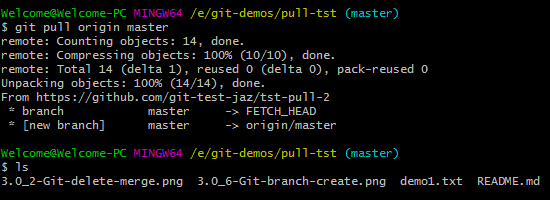

When true, rebase the current branch on top of the upstream branch after fetching. To run this command on the develop branch: git config true.
So the correct syntax is: git config branch.Flimm, I needed to add true to make your first option work. Advantage of this approach is that changed upstream commits don't result in conflicts with the old version of these commits. This makes the -rebase option the default when issuing a git pull on a given branch.

git rebase -onto / a, with a the most recent upstream commit that is a parent of your local current branch). due to a rebase or amend of already pushed commits), git pull -rebase is git fetch + a rebase of the local changes on the remote branch (i.e. From my understanding, git pull -rebase origin master is equivalent to. Note3: If you have contaminated branches, you can create new ones based off the new "dumb branch" and just cherry-pick commits over.Trial to better explain the difference between git pull -rebase and git rebase incorporating the comments of and situation: If the history of the upstream wasn't rewritten, git pull -rebase is git fetch + git rebase.Īdvanced situation: If the history of the upstream was rewritten (f.ex. Note2: Florian mentioned this in a comment, but who reads comments when looking for answers? Note: You can combine these all by putting & between them On the remote branchs reflog you can find a ref before it was rebased. Git checkout -b base-branch origin/base-branch # recreating branch with correct commits Luckily, using git reflog you can get the reflog of the remote branch.

Git branch base-branch -D # where base-branch is the one with the squashed commits
Git pull remote branch and rebase how to#
This won't fix branches that already have the code you don't want in them (see below for how to do that), but if they had pulled some-branch and now want it to be clean (and not "ahead" of origin/some-branch) then you simply: git checkout some-branch # where some-branch can be replaced by any other branch

Use the help git command -help for more details and examples on any of the above (or other) commands. git-rebase works on the current HEAD (which is almost always. The reason why you have to say 'theirs' when, intuitively, youd like to say 'ours' is because the meaning of 'ours' and 'theirs' is swapped during a rebase compared to a merge.
If the commits you removed (with git push -f) have already been pulled into the local history, they will be listed as commits that will be reapplied - they would need to be deleted as part of the rebase or they will simply be re-included into the history for the branch - and reappear in the remote history on the next push. The simplest way to do this (and the form everyone knows) is git rebaseThis will invoke rebase in interactive mode where you can choose how to apply each individual commit that isn't in the history you are rebasing on top of. (use git pull to merge the remote branch into yours) nothing to commit. You can replay your local commits on top of any other commit/branch using git rebase: git rebase -i origin/main Rebasing the branch used to create your PR will resolve both of these issues. This is my prefered option as it creates a clean easily readable commits history. Rebase your local branch onto the remote one (git rebase origin/the-branch). This is the default behaviour of git pull but this will result creating a merge commit and clutters the history of your branch.
git pull -force : This option allows you to force a fetch of a specific remote tracking branch when using theGit pull remote branch and rebase update#
Which will update the commit history for the branch, but not change any files in the working directory (and you can then commit them). git pull -rebase: Update your local working branch with commits from the remote, but rewrite history so any local commits occur after all new commits coming from the remote, avoiding a merge commit. If you want to actually keep whatever changes you've got locally - do a -soft reset instead. It doesn't seem to work: > git pull Or git fetch > It complains with 'There is no tracking information for the current branch' > git rebase master. Any changes to tracked files in the working tree since are discarded. Option 1: > Update my master with remote master > git checkout master > git pull > git checkout mybranch > git rebase master. To change the commit of a local branch: git reset origin/main -hardīe careful though, as the documentation puts it: You can reset the commit for a local branch using git reset.


 0 kommentar(er)
0 kommentar(er)
